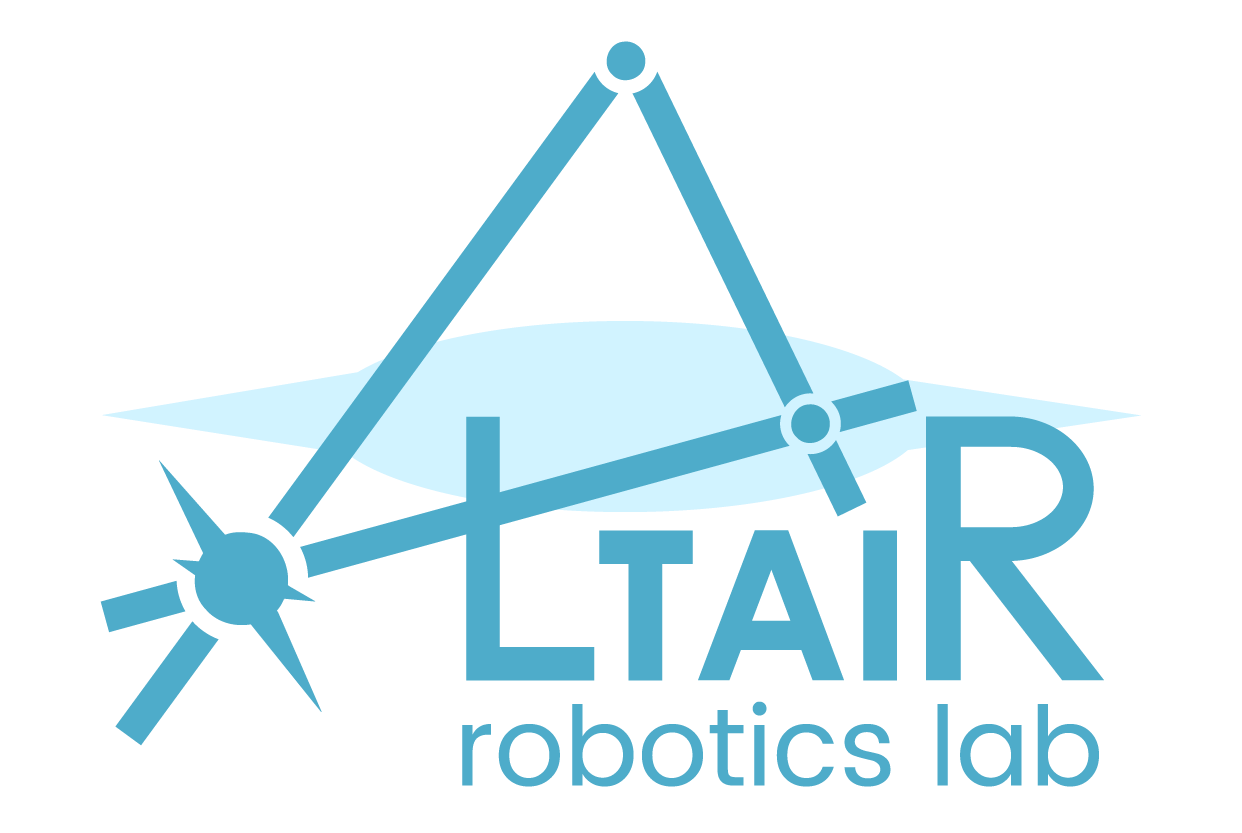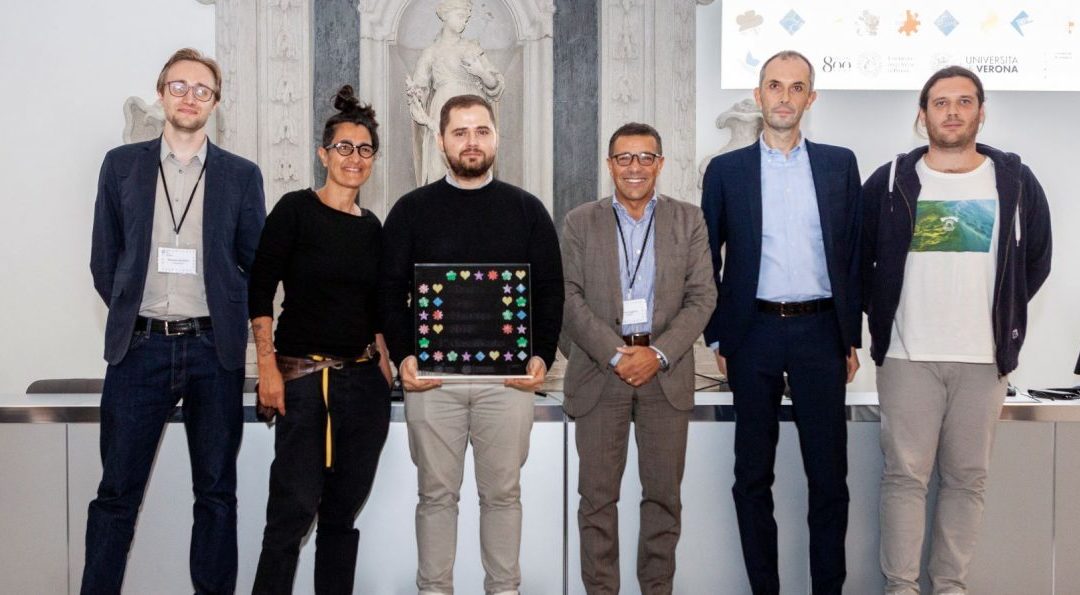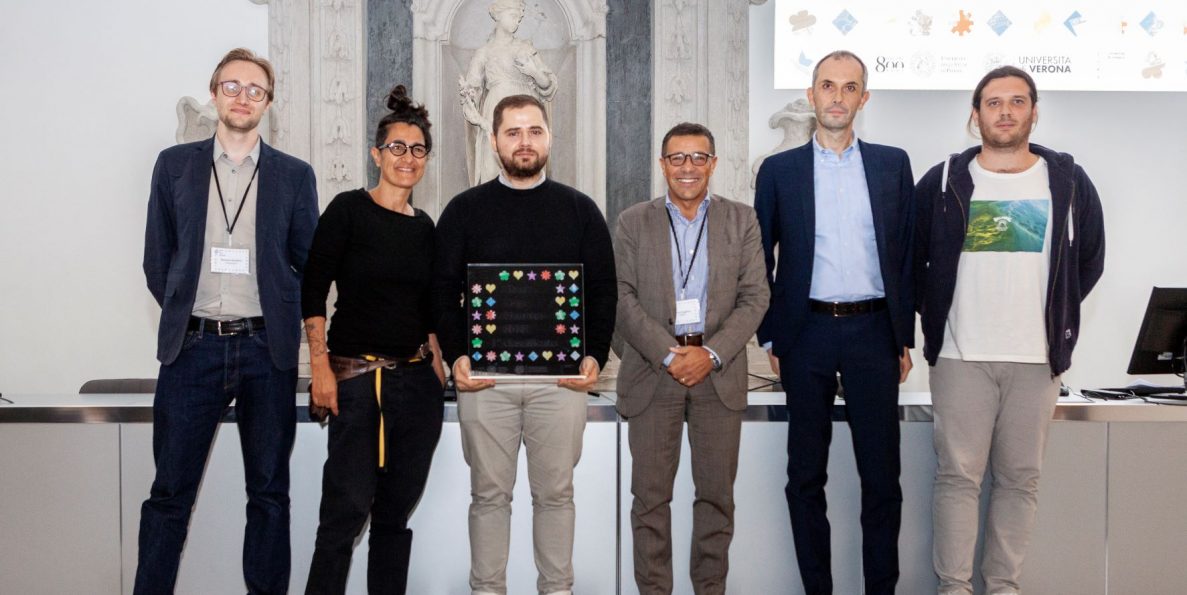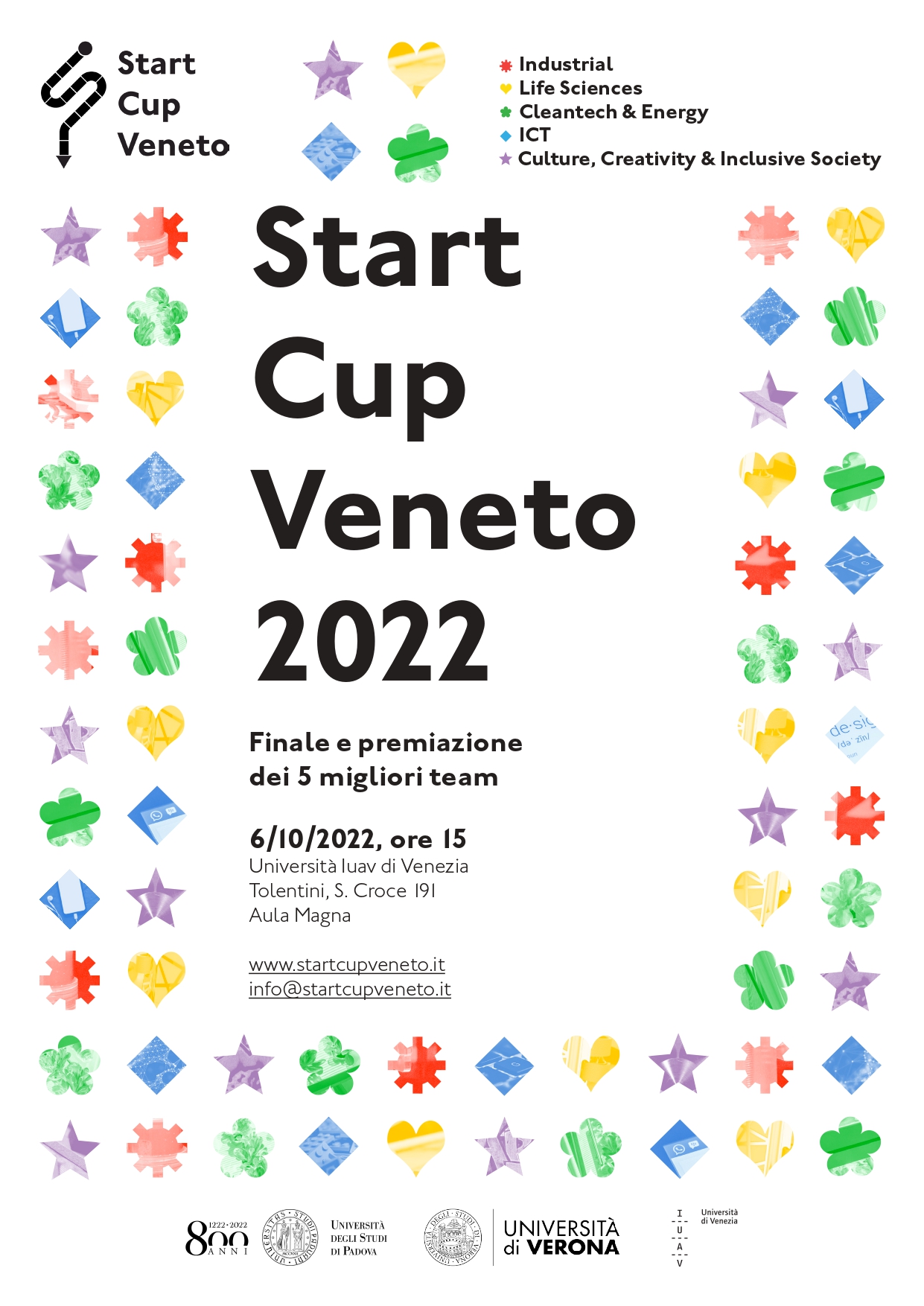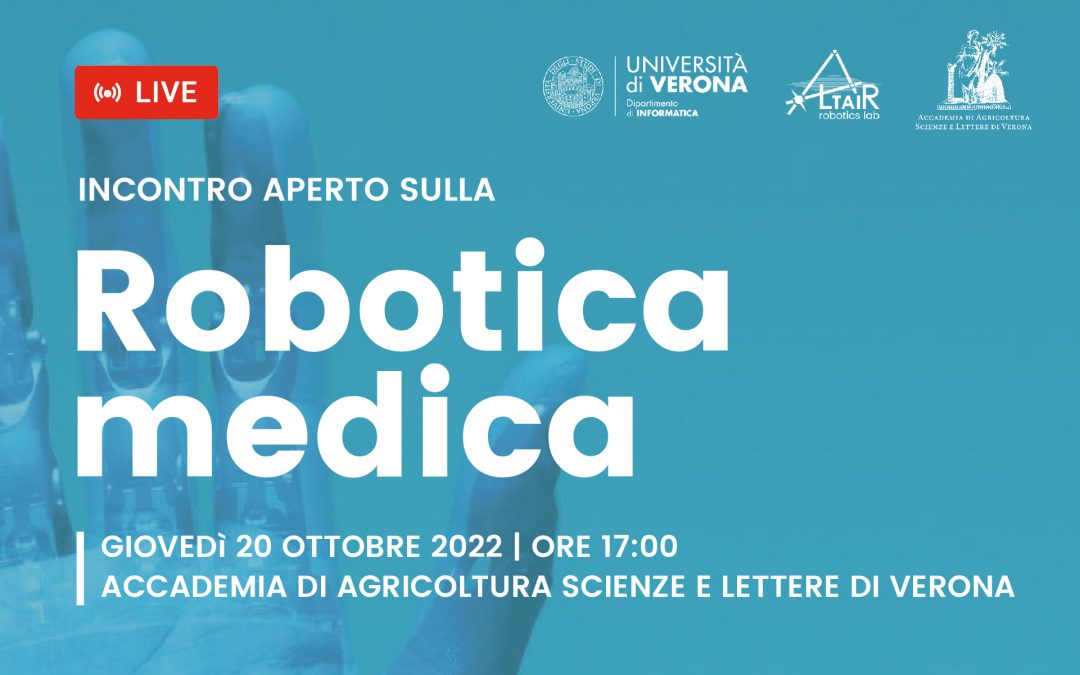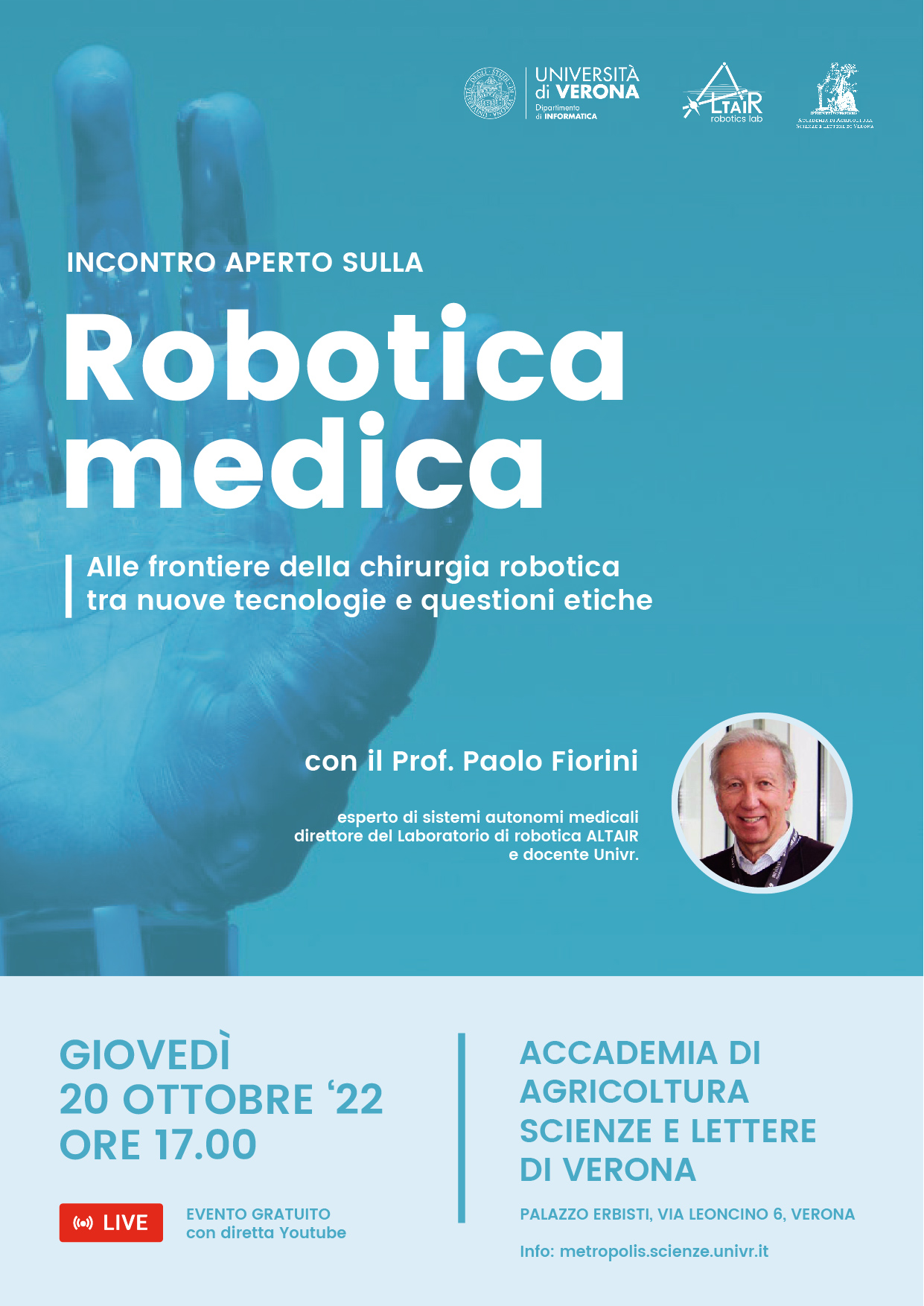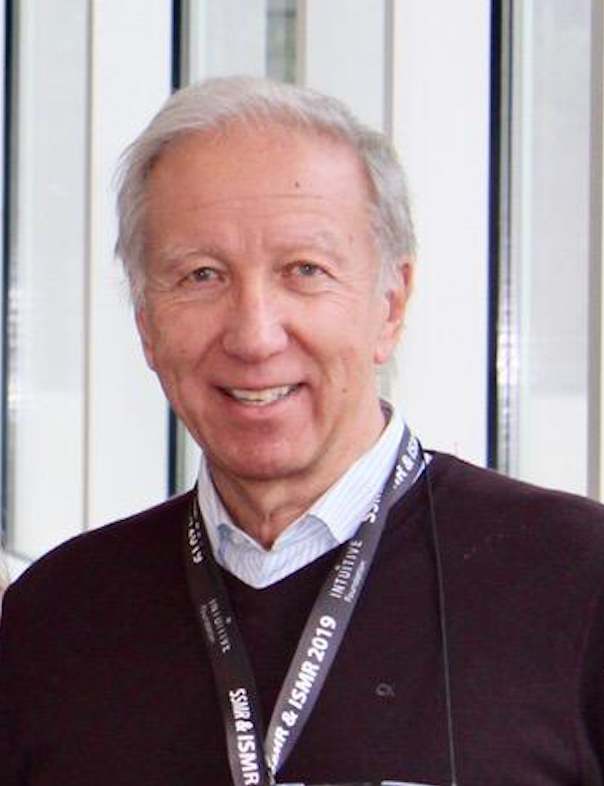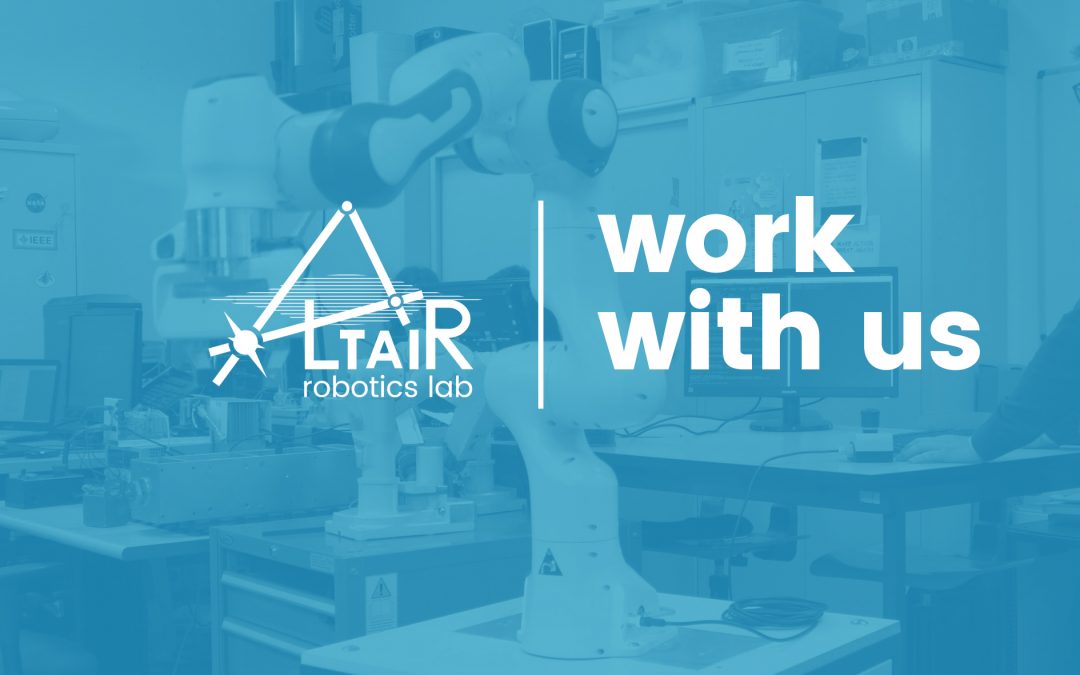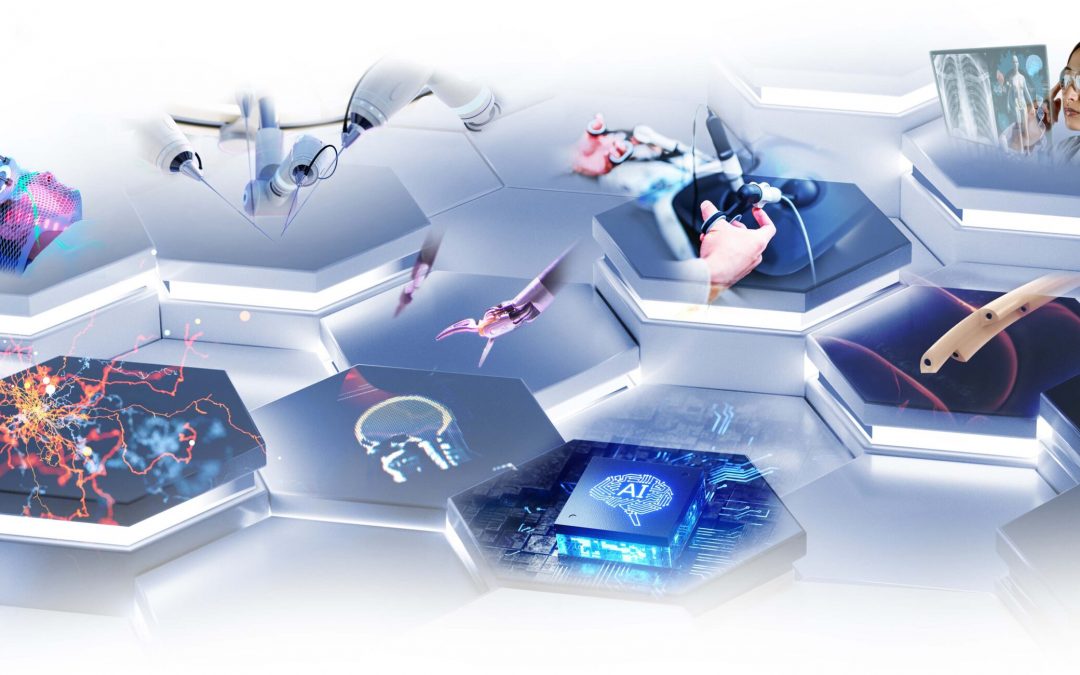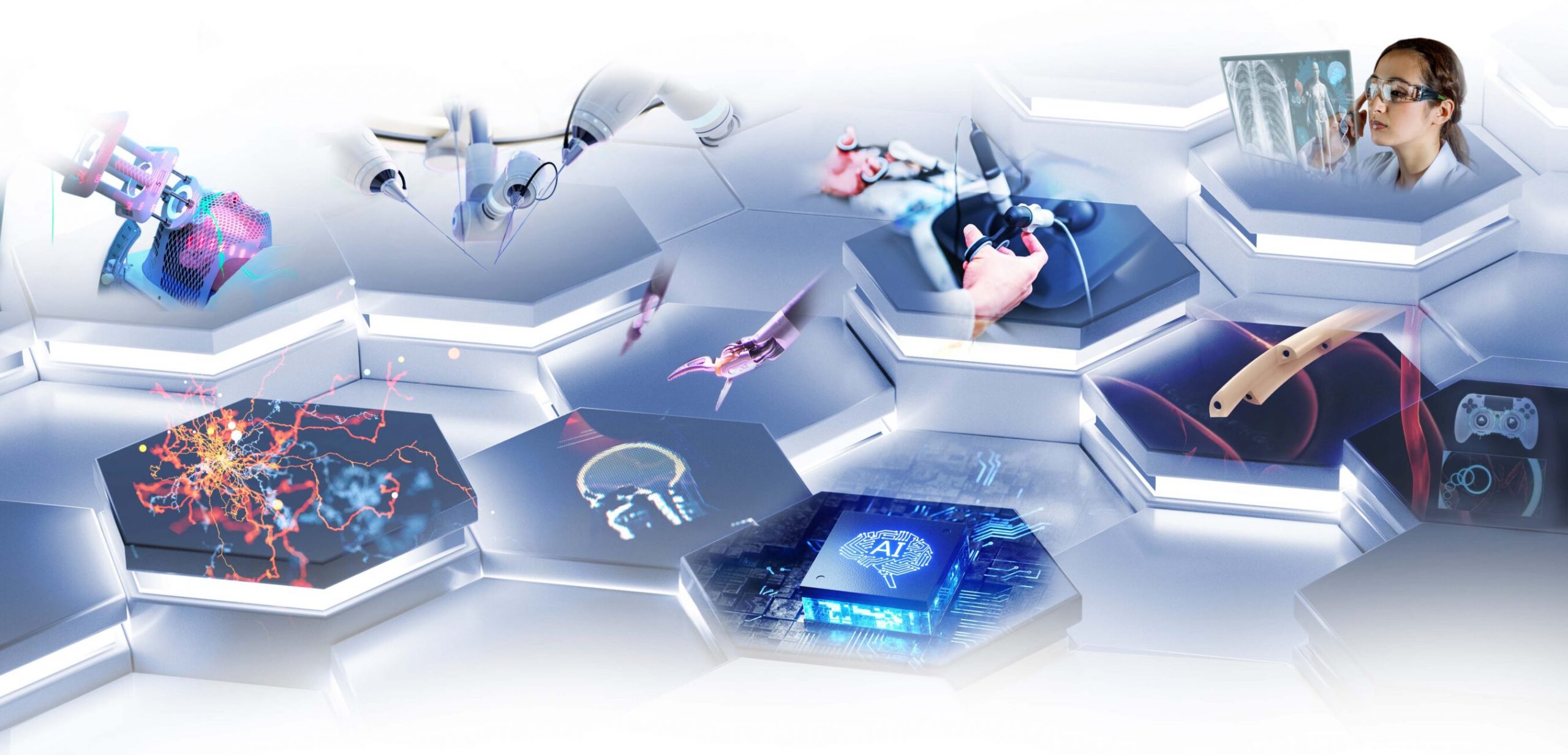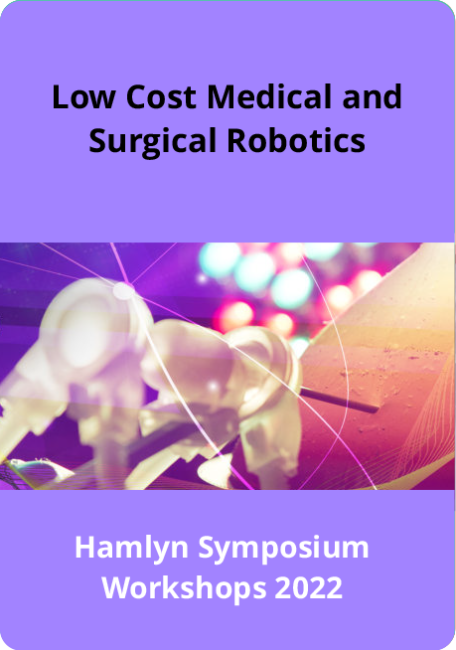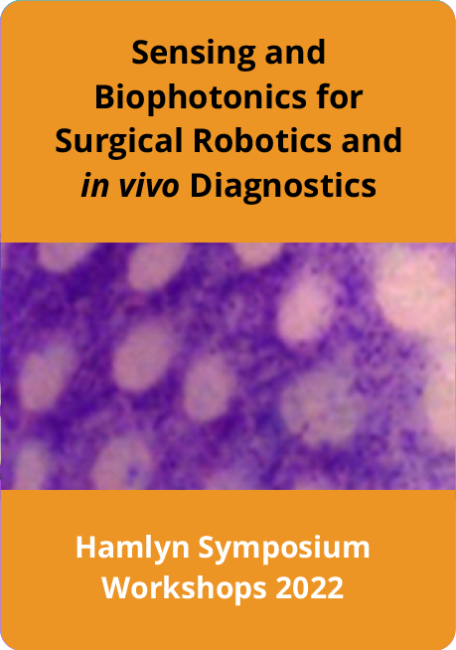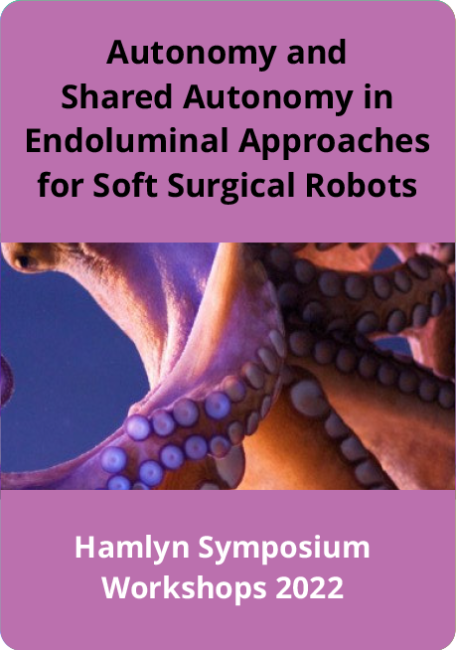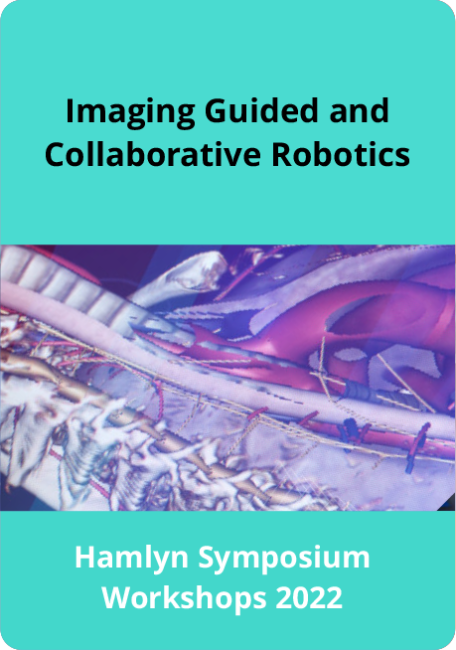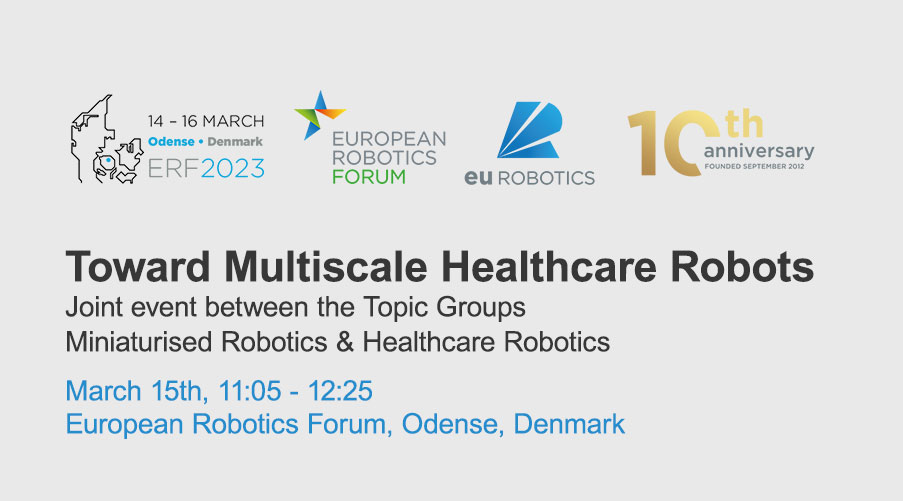
Workshop at the ERF2023
European Robotics Forum 2023
March 15th – Workshop on “Toward Multiscale Healthcare Robots”
Joint event between the Topic Groups Miniaturised Robotics & Healthcare Robotics
The objective of this workshop is to strengthen the interaction between the miniaturized robotics and the healthcare robotics communities. Developments in miniaturized robotics have resulted in multiple proofs-of-concept with great potential to be exploited in the healthcare domain. It concerns especially minimal-invasive surgery including (i) robotic intervention in confined space inside the body (e.g., in otolaryngology) and (ii) focused drug delivery via micro/nano-carriers (e.g., in the brain). It also finds application in cell engineering such as single cell sorting for biotherapies. This workshop will fill the gap and develop synergies between TG miniaturized robotics and TG healthcare robotics to promote and boost the development of multiscale robotic tools in healthcare.
We are thrilled to join the 10th edition of the European Robotics Forum and to contribute in the organization of this workshop. A cornerstone event for the European Robotics community. See you from 14 to 16 March in Odense (DK)!
